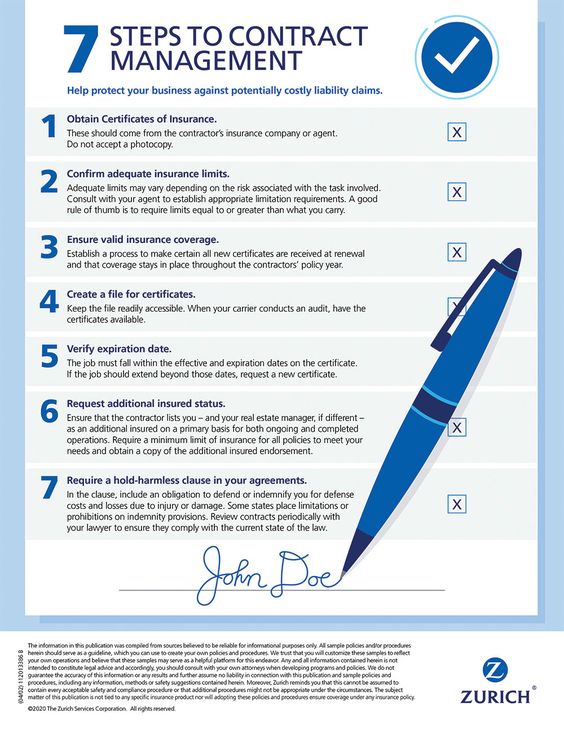Managing vendor contracts is essential for businesses to ensure they have the necessary supplies or services to operate efficiently. Contracts with vendors can involve a wide range of goods and services such as office supplies, raw materials, technology, and more. In this article, we’ll explore everything you need to know about vendor contract management and its importance in running a successful business.
What is Vendor Contract Management?
Vendor contract management is the process of managing and monitoring vendor contracts throughout their lifecycle. This includes negotiating and creating contracts, ensuring vendors fulfill their obligations, renewing and terminating contracts, and maintaining accurate records.
Why is Vendor Contract Management Important?
Vendor contract management is crucial for businesses to maintain vendor relationships and ensure that vendors deliver what they promise. Effective vendor contract management can help save time and money, eliminate contract errors or disputes, reduce risks or liabilities, and improve operational efficiency.
Steps to Effective Vendor Contract Management
To ensure effective vendor contract management, businesses should follow these steps:
1. Identify Key Vendors – Determine which vendors are essential for your business’s operations, and which services or goods are critical.
2. Negotiate Contracts – The contract should outline the deliverables, timelines, metrics, and service level agreements that vendors must fulfill.
3. Monitor Compliance – Contract managers must monitor vendor performance against established metrics and criteria.
4. Manage Documentation – Maintain accurate and up-to-date vendor contract documentation throughout their lifecycle.
5. Review Contracts – Regularly review vendor contracts to ensure they remain relevant and align with business objectives.
6. Renew and Terminate Contracts – Renew or terminate contracts based on performance, deliverables, and other factors.
Best Practices for Vendor Contract Management
To ensure successful vendor contract management, businesses should consider implementing the following best practices:
1. Use Contract Management Software – Contract management software can help streamline the vendor contract management process and reduce errors.
2. Establish Clear Communication – Maintain open and clear communication with vendors to eliminate misunderstandings or disputes.
3. Conduct Regular Performance Reviews – Regularly assess vendor performance and address any issues promptly.
4. Be Proactive – Anticipate and plan for potential contract issues or disputes to prevent them from becoming major problems.
Common Challenges in Vendor Contract Management
Despite the importance of vendor contract management, businesses often face challenges in managing their vendor contracts. The common challenges include:
1. Lack of Visibility – Managing multiple contracts with different vendors can be overwhelming and complicated.
2. Miscommunication – Poor communication between businesses and vendors can lead to misunderstandings or disputes.
3. Contract Compliance – Vendors may not comply with contracts, leading to delays, quality issues, or other problems.
4. Contract Renewals – Renewing or terminating contracts may be time-consuming or complex.
You might find these FREE courses useful
- Optimizing Your Google Cloud Costs
- Engineering Project Management: Scope
- Introduction to Budgets in Microsoft Azure Cost
- Cloud Cost Management: Optimization Strategies
The Bottom Line
Vendor contract management is crucial for businesses to maintain good relationships with vendors, ensure they fulfill their obligations, save time and money, and reduce risks or liabilities. By following the best practices and addressing common challenges, businesses can streamline the vendor contract management process and operate efficiently.
